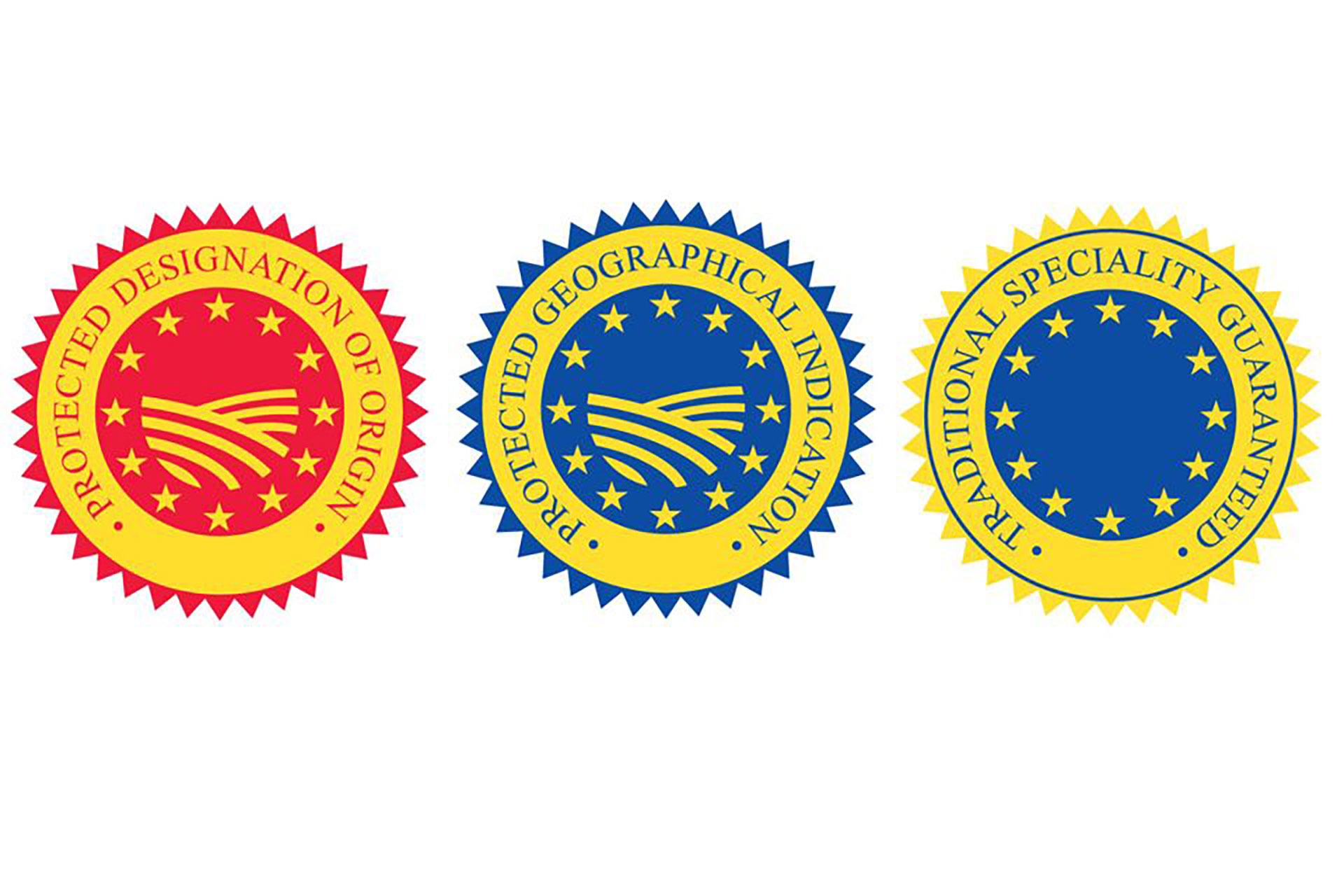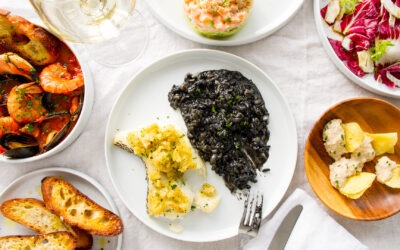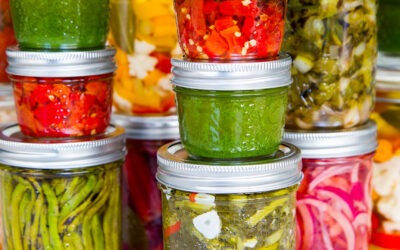
What Does D.O.P Mean?
D.O.P. stands for Denominazione d’Origine Protetta, in Italian. In English: Protected Designation of Origin
Food products labelled with this certification (i.e. our Parmigiano Reggiano, Pecorino Romano and Grana Padano cheeses and San Marzano Tomatoes) are fiercely regulated by a governing body, or consortium, specific to that product from its inception to its final packaging. The land, the animals, and even the surrounding air involved in the production of certain products are just as highly controlled as the processing and ingredients of the product itself.
Why does it matter?
A D.O.P food product is certifiably, one hundred percent authentic. The reason for this extra effort is not only to ensure the best possible quality of a product, but also to preserve the production methods and techniques involved, many of which have remained unchanged for centuries. This designation is what saves products from not only extinction, but also from mediocrity.
Let’s unpack this…
Using the San Marzano tomato as an example. It’s a Roma variety prized for its thick flesh, few seeds and sweet flavour. It’s perfect for breeding too, with seeds that save exceptionally well, breeding true from one generation to the next. They grow in a very specific place: in the mineral rich, volcanic soil at the foot of Mt Vesuvius in southern Italy. Essentially, it’s the ultimate tomato. A true gift from Mother Nature herself after decimating Pompeii.
Over the course of the early 20th century, the budding farming industry started catching on and made moves to mass produce the San Marzano, risking the integrity of this beautiful specimen.
How to ensure it doesn’t become so genetically modified to the point where it is barely recognizable? Where the characteristics that make it so amazing become diluted for the sake of price and convenience?
Enter: Conzorzio di Tutela Del Pomodoro San Marzano Dell’Agro Sarnese Nocerino.
These are just a bunch of Italian words that mean one thing: The San Marzano Police. They regulate everything that has to do with not only the production, but the geographical area (including soil!), the distribution, the packaging…everything. If the tomato doesn’t fulfil their qualifications, it can’t be labelled San Marzano. Anyone who does so incorrectly, is subject to repercussions including a hefty fine, being pulled from store shelves and other legal ramifications.
Recently, there has been a number of cases here in North America where counterfeit cans of San Marzano tomatoes started appearing on store shelves. Some of the products coming from as far as China being labelled as Italian. The consortium’s (i.e. Tomato Police’s) reach is limited beyond Europe, and this issue can be difficult to manage from overseas. It can also be tricky to spot the fakes if you don’t know what to look for.
How do I know if the product is PDO?
You know a product is certified if it has the following:
- The symbol: a circular, red and yellow seal surrounded by triangles with the name “Protected Designation of Origin” in the country of origin’s language.
- A claim of the product’s country of origin somewhere on the packaging.
- In many cases you’ll also notice a serial number or establishment number to trace the product back to its production facility.
Two more designations: PGI (Protected Geographical Indication) and TSG (Traditional Specialities Guaranteed) are also found on a number of products that promote the area of production and the character of the products respectively.
A lot of effort goes into these products, a lot of time and energy too. Yes, there is certainly a difference in price between the PDO products and the rest. That’s because they’re special and should be treated with the respect they deserve. Enjoy them regularly as a delicious piece of history.
More Posts
Cooking Project: The Feast of the Seven Fishes
Every holiday season, in your favourite foodie media, you’ll see a version of this classic Italian-(North) American meal served on Christmas Eve. You should know that Italians from Italy are unfamiliar with “The Feast of the Seven Fishes”. It’s very much an Italian...
#EmmaFeeds x The Toonie Challenge
Feeding hungry children one toonie at a time! We're excited to announce that we are sponsoring Toonies for Tummies, a campaign to help provide food for children in communities in Ontario and Western Canada through school nutrition programs. From January 29th until...
Pickling and Preserving with Emma
If you drive through a community in which many residents are of Italian descent, you may catch a number of open garage doors revealing a full-fledged canning operation between late August and mid-September. The idea is to take advantage of the abundance of late summer...



